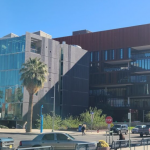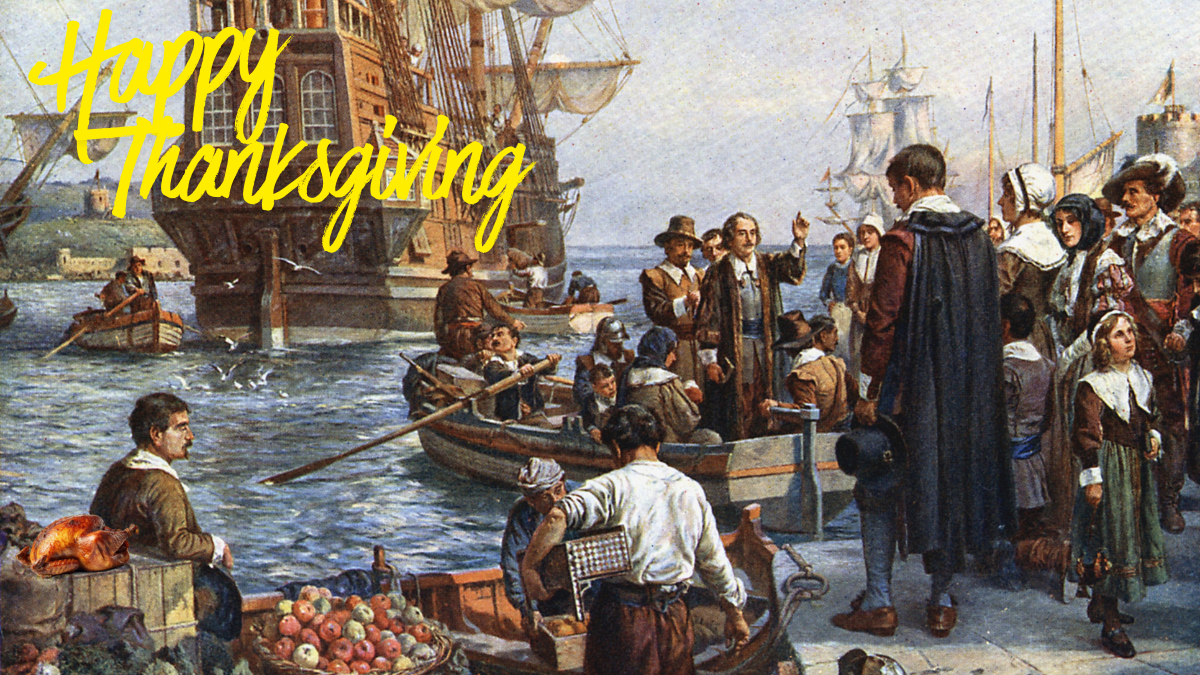The Pilgrims: America’s Original Fearless Lean Entrepreneurs
When most people think about the Pilgrims, they imagine tall hats, wooden tables, and a long Thanksgiving feast. But if you look closer, the Pilgrims were much more than early settlers. They were some of America’s first lean entrepreneurs, people who built something new under extreme conditions, starting with almost nothing, learning fast, and relying on community and teamwork to survive.
Their story is more than a history lesson. It’s a powerful example of what it means to take a considerable risk, deal with scarcity, experiment your way forward, and build a future through grit and collaboration. In many ways, the Pilgrims demonstrate the same mindset great entrepreneurs use today.
A Startup With No Playbook
In 1620, when the Pilgrims boarded the Mayflower, they weren’t stepping into a comfortable, organized situation. They were launching a bold venture with no roadmap, no proven model, and no guarantee of success. This is precisely what modern founders encounter when they launch a company.
Think about it:
- They had a mission but not a detailed plan.
- They knew the “why,” but the “how” had to be figured out along the way.
- They entered a new market literally without knowing the rules or risks.
Just as a startup tries to introduce a new product, the Pilgrims were attempting to establish a new community in an unpredictable environment. Every day required rapid learning, swift decision-making, and continuous adaptation. There was no time for extended plans. Instead, they had to test ideas, adjust, and keep moving forward, a concept now known as lean thinking.
Extreme Scarcity = Extreme Innovation
Lean entrepreneurship often starts with limited resources. The Pilgrims had almost none.
- Food was scarce.
- Half the group died during the first winter.
- Their tools, supplies, and knowledge were not enough for the challenges they faced.
Scarcity compelled the Pilgrims to think creatively and devise solutions with whatever resources they had. They had to learn which crops could survive the climate, how to store food safely, and how to build shelter using unfamiliar materials. Each new solution required trial and error, testing, and adjusting, a core part of the lean startup approach.
They didn’t wait for perfect resources. They built from what was available. Entrepreneurs today often do the same when they bootstrap a company with limited resources, time, and personnel.
Rapid Learning and Iteration
A lean entrepreneur learns quickly, acts fast, and makes decisions based on real-world feedback. The Pilgrims had to do this every day. If they made the wrong choice, they didn’t just lose money; they risked survival.
They performed small, quick tests to learn what worked:
- Trying new crops
- Adjusting planting techniques
- Learning from mistakes
- Changing methods based on results
- Observing the land and climate
- Asking for help when they hit a wall
This process resembles the “build-measure-learn” loop that entrepreneurs follow today. Every experiment gave the Pilgrims data. Every piece of data guided their next decision. Survival required constant improvement.
Partnerships: The First Joint Venture
One of the most powerful moments in the Pilgrims’ story is their alliance with the Wampanoag people. This wasn’t just a friendly connection; it was a strategic partnership that combined strengths, shared knowledge, and aligned interests.
The Wampanoag tribe taught the Pilgrims:
- How to grow local crops like corn
- How to fish and hunt effectively
- How to use natural resources wisely
- How to survive the environment
In return, the Pilgrims provided trade opportunities and potential military support. This exchange created one of the earliest examples of collaborative innovation in American history. Today, startups often partner with universities, engineers, mentors, corporate partners, or local communities to accelerate their growth.
The message is simple:
Startups survive faster when they don’t try to do everything alone.
A Community Built on Shared Responsibility
The Pilgrims also created an agreement called the Mayflower Compact, one of America’s first self-governing documents. It basically said:
“We’re in this together. We will make decisions as a community.”
This early operating agreement defined roles, responsibilities, and expectations, much like a modern startup team defines its culture, operating principles, and shared mission. It created alignment at a time when disagreement could have destroyed the colony.
Entrepreneurs today must do the same. Strong teams with shared purpose and trust can weather challenges far better than isolated individuals.
A Legacy of Grit and Innovation
The Pilgrims didn’t have investors, technology, or modern tools. What they had was:
- Courage
- Adaptability
- Collaboration
- Continuous learning
- A commitment to community
These same traits define great entrepreneurs today. The Pilgrims were not just settlers; they were innovators building something new in an uncertain world. Thanksgiving is not only a celebration of harvest but a celebration of resilience, resourcefulness, and the entrepreneurial spirit.
In many ways, the Pilgrims were America’s first lean startup founders, turning scarcity into opportunity, building partnerships, and laying the groundwork for a thriving future.








